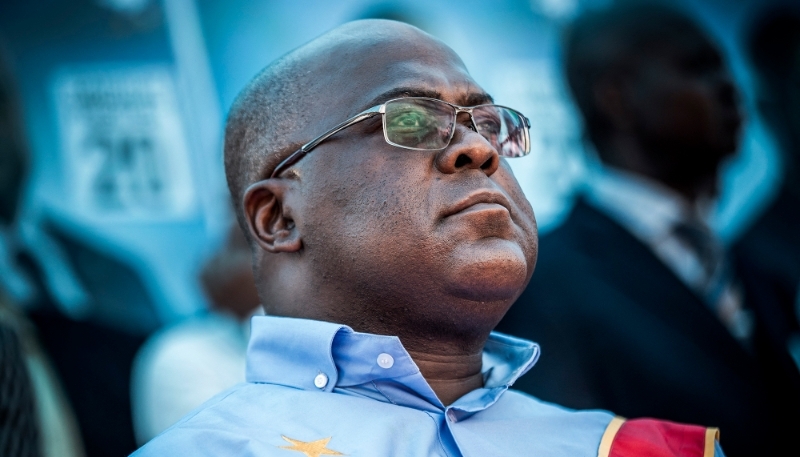Democratic Republic of Congo (DRC) President Félix Tshisekedi has opted out of the extraordinary summit between the East African Community (EAC) and the Southern African Development Community (SADC) in Dar es Salaam, Tanzania. The meeting, which convenes regional heads of state, aims to address the ongoing conflict between the DRC’s armed forces and the M23 rebel group and explore pathways for lasting peace and security in eastern DRC.
Initially, Tshisekedi’s spokesperson, Tina Salama, confirmed on February 7, 2025, that he would attend the summit in person. His key agenda was to advocate for the complete withdrawal of M23 from the territories it controls. However, later in the evening, Jeune Afrique reported that the Congolese leader had altered his plans, choosing instead to participate via video conference.
In a surprising turn, Tshisekedi ultimately withdrew entirely from the summit, instead dispatching Prime Minister Judith Suminwa Tuluka to represent him in Dar es Salaam. Additionally, DRC’s Foreign Minister, Thérèse Wagner Kayikwamba, was absent from the preliminary ministerial meeting of EAC and SADC foreign affairs ministers, sending the country’s ambassador to Botswana in her place.
M23 leader Bertrand Bisimwa, speaking on the morning of February 8, 2025, firmly rejected any demands for the group’s withdrawal, labeling them as acts of aggression. This stance further complicates ongoing diplomatic efforts to de-escalate the violence in eastern DRC.
This marks the fourth consecutive EAC peace summit that Tshisekedi has refused to attend. His absence underscores his growing friction with certain regional leaders, particularly Rwandan President Paul Kagame, whom he accuses of backing M23. He has also expressed distrust toward Kenya’s President William Ruto, who concurrently serves as EAC Chairperson, alleging his alignment with Rwanda’s interests.
Tshisekedi’s decision to skip the summit raises questions about the effectiveness of regional diplomatic efforts to stabilize the Great Lakes region and whether alternative solutions will be pursued to end the persistent conflict.



